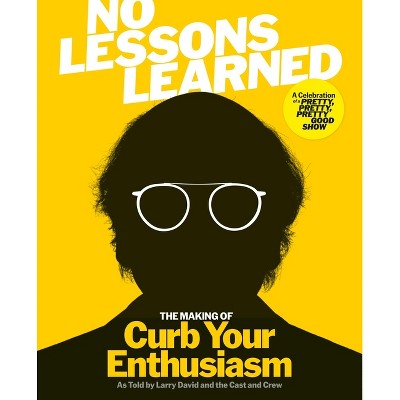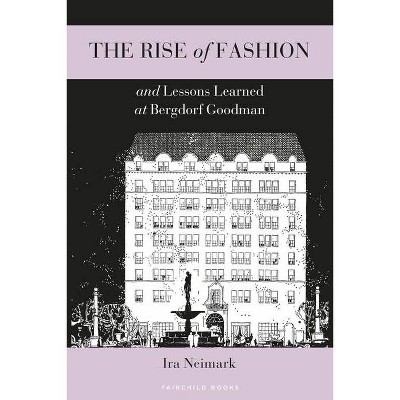Sponsored

No Lessons Learned - by Alfredo Bonadeo (Hardcover)
In Stock
Sponsored
About this item
Highlights
- While the book rests on the backbone of the Vietnam experience, it aspires to go beyond the confines of that particular war and lead the reader to question an American foreign policy that has, especially since 2001, been militarily driven.
- Author(s): Alfredo Bonadeo
- 174 Pages
- Biography + Autobiography, Military
Description
Book Synopsis
While the book rests on the backbone of the Vietnam experience, it aspires to go beyond the confines of that particular war and lead the reader to question an American foreign policy that has, especially since 2001, been militarily driven. The harm done to American and allied soldiers and to the indigent peoples and societies of the countries the U.S. has so thoughtlessly invaded has secured no advantage to the U.S. or any other country. The author delves into the human physical and psychological cost of war and implicitly makes the case for diplomacy over force, restraint, and modesty over hubris. He establishes the importance of cause to the combatant's ability to fight winningly and to remain psychologically sound in battle and afterward. It is especially relevant today because it connects the human and societal consequences of the decisions made in and around that war with the recent squandered ventures in the Middle East.
Review Quotes
"Bonadeo reflects on American foreign policy in this posthumous nonfiction work."
Upon his death in 2011, the author, a distinguished professor [at the University of California] left behind an unfinished manuscript about the legacy of America's war in Vietnam. His wife, Barbara Bates Bonadeo, with the help of Harry Lawton, his former colleague at the University in Santa Barbara, completed the work by adding introductory and concluding chapters.
Central to the book's thesis is the contention that the U.S. government failed to learn the lessons of Vietnam as it continued to engage in global conflicts, from Ronald Reagan's bombing of Tripoli to the post-September 11wars in Afghanistan and Iraq. "The primary lesson," writes
Lawton, is that "military intervention abroad is almost inevitably doomed to fail," as the local population "will always regard its would-be liberators as invaders." Accompanying this guiding maxim are other lessons from Vietnam ignored by military and political leaders, including the
difficulties of harsh terrains, wars impact on the humanity of soldiers (which leads to atrocities like My Lai and Abu Ghraib), and the long-term physical and mental health implications for soldiers and their families. A professor of Italian Literature in the University of California system, Bonadeo pursued an academic career centered on literary explorations of warfare, from Beowulf and Machiavelli to Tolstoy and Vietnam-era publications.
As a person who grew up in fascist Italy during World War 11, Bonadeo approaches war from a deeply human perspective, focusing his attention less on geopolitical analysis of the Cold War or War on Terror and more on the impact of American invasions on rank -and- file soldiers and native citizens. In her concluding chapters, Barbara Bonadeo maintains this perspective, highlighting the destructiveness of drone warfare that "lulls people into the illusion that war is now more humane." With fewer than 150 pages of narrative, this well-researched book boasts an impressive 375 scholarly endnotes --- yet, given its profound sensitivity to the horrors of war, this is no obscure academic tome, but an accessible commentary on U.S. foreign policy.
An effective and timely anti-war history.
Kirkus Review
"No Lessons Learned is a well-written historical analysis of the Vietnam War. Using numerous memoirs and fiction written by veterans, Alfredo Bonadeo examines the effect the war had on American soldiers' psyches."
BlueInk Reviews
"No Lessons Learned is a scathing historical survey that draws parallels between the U.S.'s military actions in Vietnam and Iraq."
Clarion Reviews










